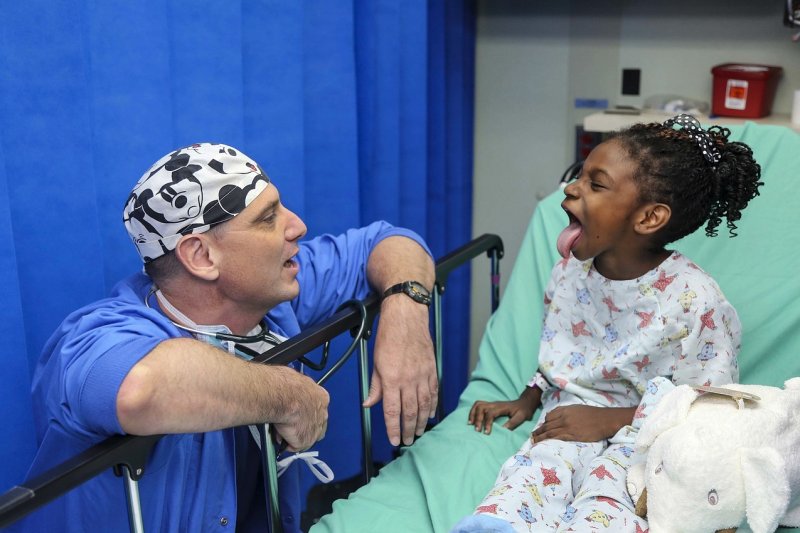Researchers report in a new study that children treated for brain tumors early in life face later troubles as adults. The study, however, does not show cause and effect and more research is needed to understand the link. File Photo by skeeze/Pixabay
Adult survivors of childhood brain tumors often face intellectual and financial struggles, a new study finds.
Advances in treatment have prolonged the lives of many childhood brain tumor patients, but survivors may have to contend with a number of effects from the disease and its treatment, the researchers noted.
To learn more, they compared 181 American and Canadian survivors of low-grade glioma brain tumors in childhood with 105 siblings of survivors.
"Late effects in adulthood are evident even for children with the least malignant types of brain tumors who were treated with the least toxic therapies available at the time," said study author M. Douglas Ris, from Baylor College of Medicine and its affiliate Texas Children's Hospital, in Houston.
The survivors were a median age of 8 years at the time of diagnosis and a median age of 40 at the time of the study.
The survivors and siblings underwent a number of cognitive (thinking/memory) tests, as well as socioeconomic assessments.
Overall, survivors treated with surgery plus radiotherapy had lower estimated IQ scores than survivors treated with surgery only, who had lower scores than siblings.
Survivors diagnosed at younger ages had low scores on most of the cognitive tests. Survivors -- especially those treated with surgery plus radiotherapy -- had lower levels of education, lower incomes and lower-level jobs than siblings.
While the researchers only found an association, they said the findings suggest that measures such as cognitive therapies and educational/occupational services may be needed to help ease the long-term effects of treatment in childhood brain tumor survivors. The study was published online June 24 in the journal Cancer.
"As pediatric brain tumors become more survivable with continued advances in treatments, we need to improve surveillance of these populations so that survivors continue to receive the best interventions during their transition to adulthood and well beyond," Ris said in a journal news release.
The research was done in conjunction with St. Jude Children's Research Hospital.
More information
The American Brain Tumor Association offers more childhood brain tumor facts.
Copyright 2019 HealthDay. All rights reserved.
![]()
















